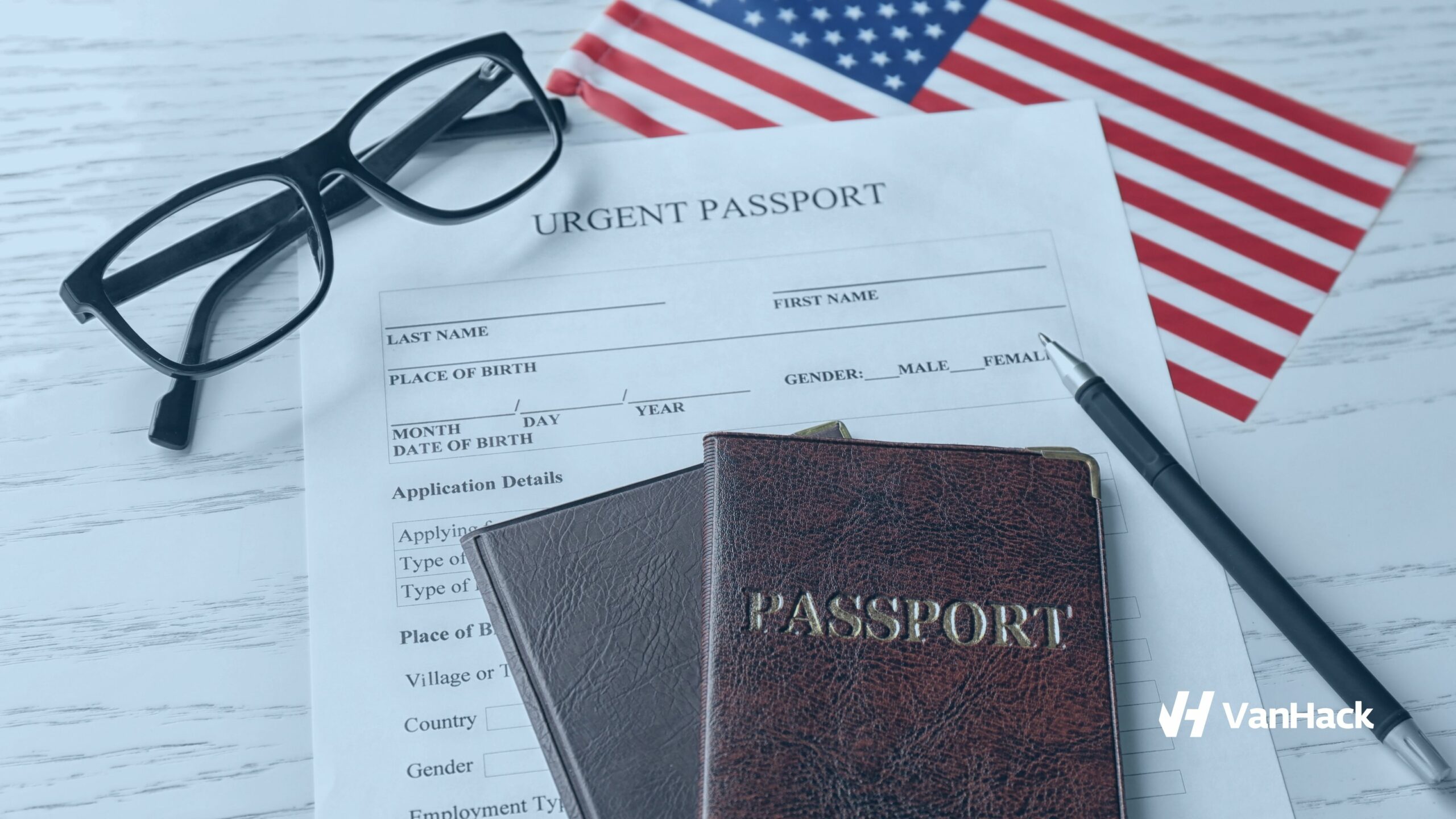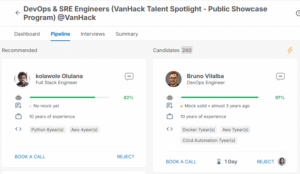Rafael’s search for an international job began five years ago when inspired by the birth of his first child, the Brazilian developer started to value life quality more. After an experience working remotely for an Angolan company, Rafael is now packed and ready to start a new chapter of his career in the United States. An unusual element in this story is the type of US work visa he used to move abroad with his family. Learn about how Rafael was granted a national interest waiver visa and if this kind of permission may be just what you need to relocate as well.
Our Brazilian friend set out to get his papers in order after getting an offer through one of VanHack’s hiring events. Unfortunately, Rafael had had his request for a more standard work visa, the H1B, denied in the past. He believes that his not being fluent in English caused the problem. But putting that frustration aside, he was able to come up with another path to his work permit.
The next best option was the national interest waiver, a category of the Employment-Based Immigration: Second Preference Visa, or EB-2. According to the US Citizenship and Immigration Services, you may be eligible for a EB-2 visa “if you are a member of the professions holding an advanced degree or its equivalent, or a foreign national who has the exceptional ability”. The permit is also granted for those “whose employment in the United States would greatly benefit the nation”.
Defining what “greatly benefit” really means is a bit tricky since the rules for this kind of work permit are not very clear. The US Citizenship and Immigration Services explains that to qualify for the visa the foreign worker has to show proof that the job he or she will perform in the US “has both substantial merit and national importance”, that the worker is “well positioned to advance the proposed endeavor” and that “It would be beneficial to the United States to waive the requirements of a job offer”.
Luckily for Rafael and all of you, VanHackers, sometimes a job may be classified as “national importance” simply for being in high demand. That is the case for a lot of tech and STEM’s positions. So applying for the EB-2 national interest waiver might be an option for a lot of foreigners looking for tech jobs in the United States.
Although the path is laid out, it’s not an easy one. The whole process took Rafael almost a year. “You must prove the criteria, and if you do that, and you call the right lawyer’s office, you are probably going to get a higher chance of getting approved. I took three months creating my petition with them, because they were helping me. If you do it by yourself, it’s going to take much longer for sure”.
Rafael explains that applying for this kind of visa may be expensive, so be sure to save money in advance. “The process costs almost $5,000 US dollars, but the immigration consultant, that’s not cheap. So you are going to spend more money with them. You can hire only one lawyer, or an immigration consultant. And it can cost between $10,000 to $30,000 US dollars”.
Was it all worth it? Rafael thinks so. “Yeah. This is definitely something that changes your entire life, the life of your family. You’re going to move to the United States, you get a green card. So it is an investment”.
You can watch Rafael’s story here:
More about US work visas here.
More about EB-2 Visa here.
Looking for a job in Canada, the US or Europe? Join VanHack.com/candidates today!



